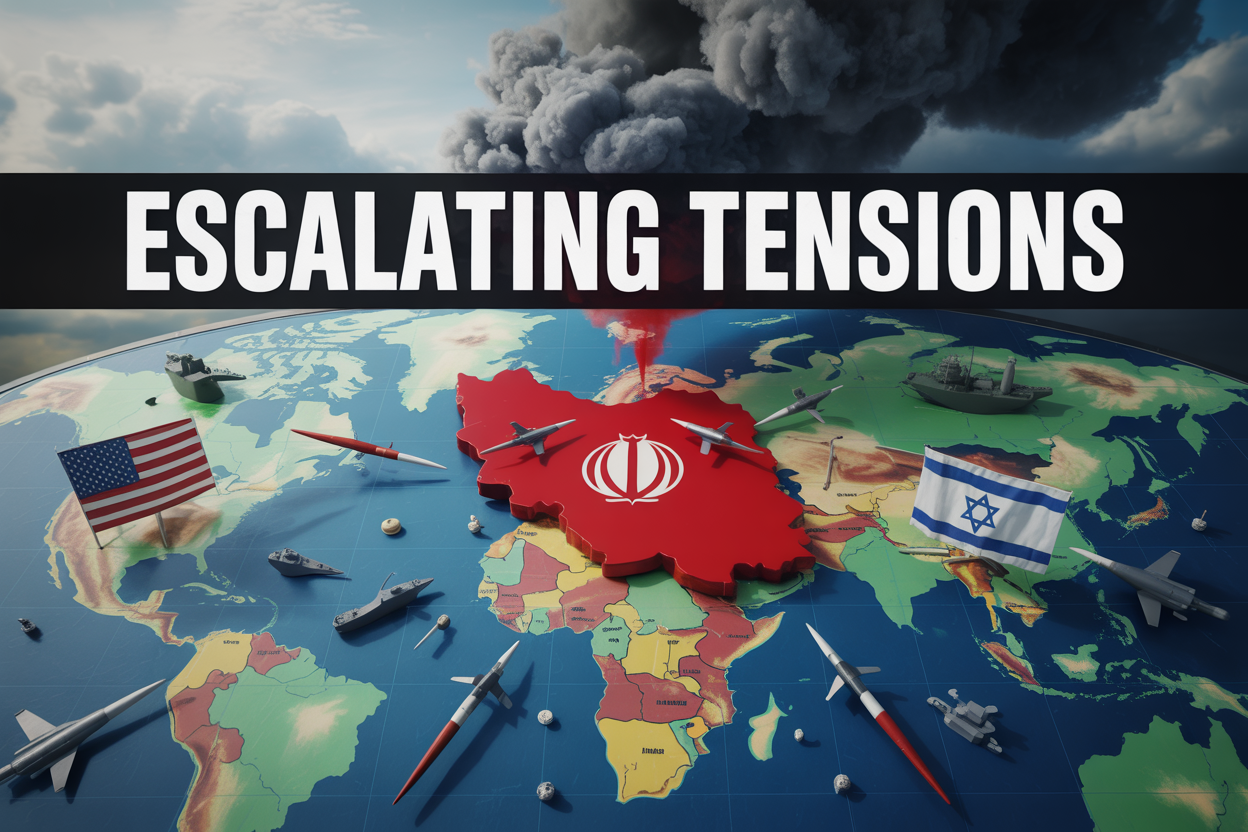The AI landscape is evolving at a breakneck pace, with OpenAI’s Generative Pre-trained Transformer (GPT) series leading the charge. From GPT-3’s groundbreaking text generation to GPT-4’s nuanced contextual understanding, each iteration has pushed the boundaries of what AI can achieve. Recently, rumors of *GPT-5* leaks have ignited speculation about its capabilities and the future of AI. While OpenAI has yet to confirm details, the alleged leaks offer a tantalizing glimpse into what might come next—and the challenges it could bring.
The GPT-5 Leaks: What Do We Know?
Though unverified, purported leaks suggest GPT-5 could mark a significant leap forward. Insider chatter hints at:
- Multimodal Mastery: Expanding beyond text to seamlessly integrate audio, video, and image processing, enabling richer interactions.
- Enhanced Reasoning: Improved problem-solving skills, potentially rivaling human expertise in specialized domains like law or medicine.
- Reduced Hallucinations: Greater accuracy and fewer “fabricated” responses, addressing a key criticism of earlier models.
- Efficiency Gains: Optimized training processes to reduce computational costs, making advanced AI more accessible.

While these features remain speculative, they align with industry trends toward more versatile, reliable, and scalable AI systems.
Advancements on the Horizon
If the leaks hold truth, GPT-5 could redefine AI applications:
- Personalized Education: Tutors that adapt to individual learning styles using text, voice, and visual aids.
- Healthcare Innovation: Diagnostic tools capable of analyzing medical records, imaging, and research to assist clinicians.
- Creative Collaboration: AI partners in content creation, from drafting screenplays to composing music.
- Enterprise Integration: Streamlined workflows in industries like finance and logistics through advanced data synthesis.

Such advancements, however, hinge on overcoming technical hurdles like ensuring data quality and minimizing bias.
Ethical and Societal Concerns
The potential of GPT-5 is tempered by pressing ethical questions:
- Misinformation Risks: Hyper-realistic deepfakes and automated disinformation campaigns could destabilize public trust.
- Job Displacement: Professions reliant on writing, design, or customer service may face disruption, necessitating workforce reskilling.
- Bias and Privacy: Larger datasets risk amplifying societal biases, while data collection practices raise privacy red flags.
- Concentration of Power: As AI development costs soar, concerns grow about a handful of corporations dominating the technology.
Experts urge proactive measures, including robust regulatory frameworks and transparency in AI training methodologies.
The Road Ahead: Beyond GPT-5
GPT-5 may accelerate momentum toward two divergent futures:
- General AI (AGI) Aspirations: While true AGI—machines with human-like cognition—remains distant, GPT-5 could narrow the gap in narrow tasks.
- Specialized AI Ecosystems: A shift toward domain-specific models tailored for healthcare, climate science, or engineering.
Simultaneously, the focus on sustainability will intensify, as critics highlight the environmental toll of training massive models.
Conclusion
The GPT-5 leaks, whether factual or fictional, underscore a pivotal moment for AI. The technology’s promise—to augment human creativity, democratize knowledge, and solve complex problems—is undeniable. Yet, without careful stewardship, it risks exacerbating inequality, eroding privacy, and spreading harm.
The path forward demands collaboration: technologists must prioritize ethical design, policymakers need to craft agile regulations, and the public should engage in shaping AI’s role in society. As we stand on the brink of GPT-5 and beyond, the question isn’t just what AI can do—it’s how we choose to wield it.
Interesting Articles





![[keyword]](https://learnxyz.in/wp-content/uploads/2026/03/यह-एआई-एजेंट-दुष्ट-न-बनने-के-लिए-डिज़ाइन-किया.jpg)